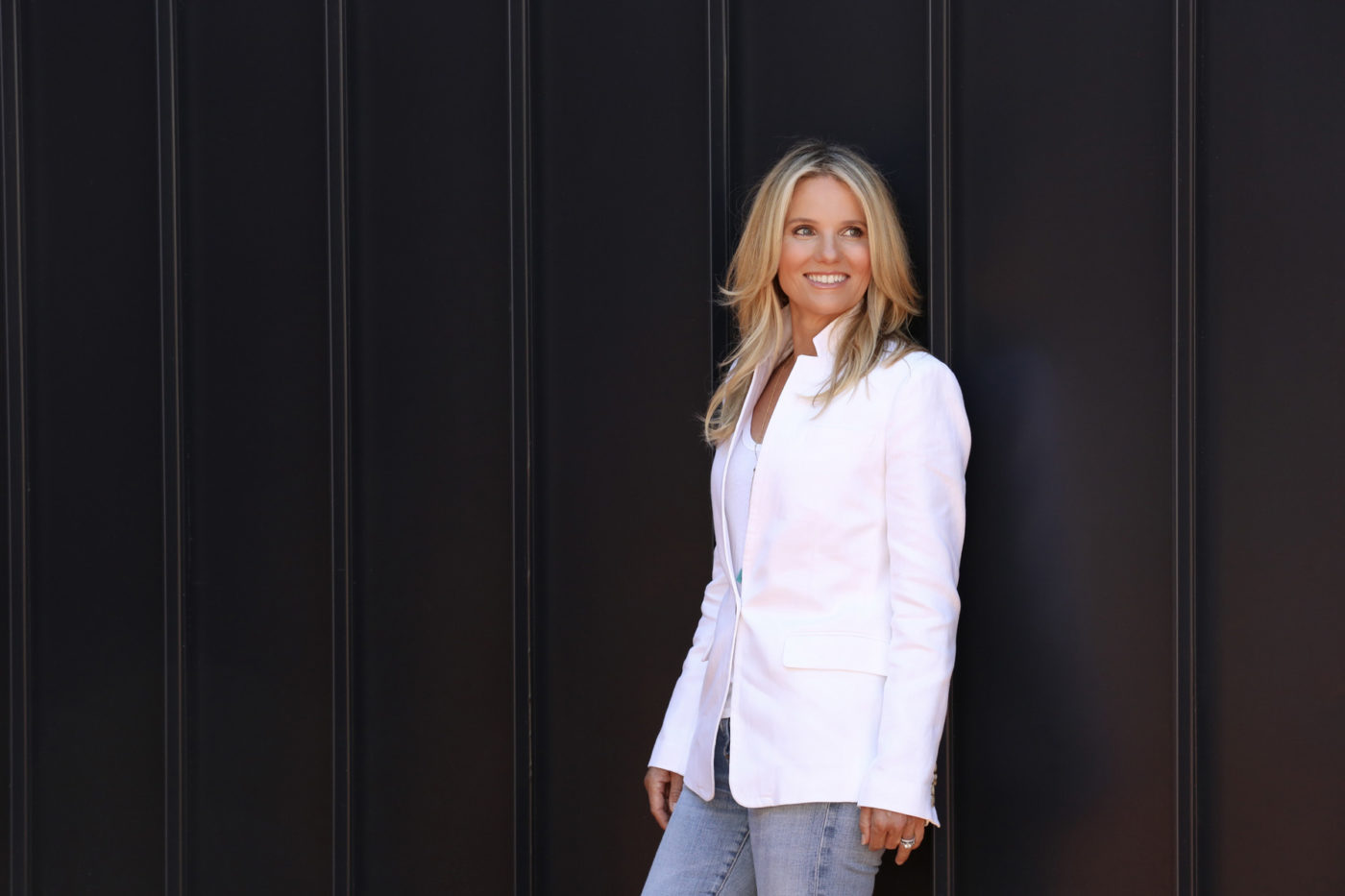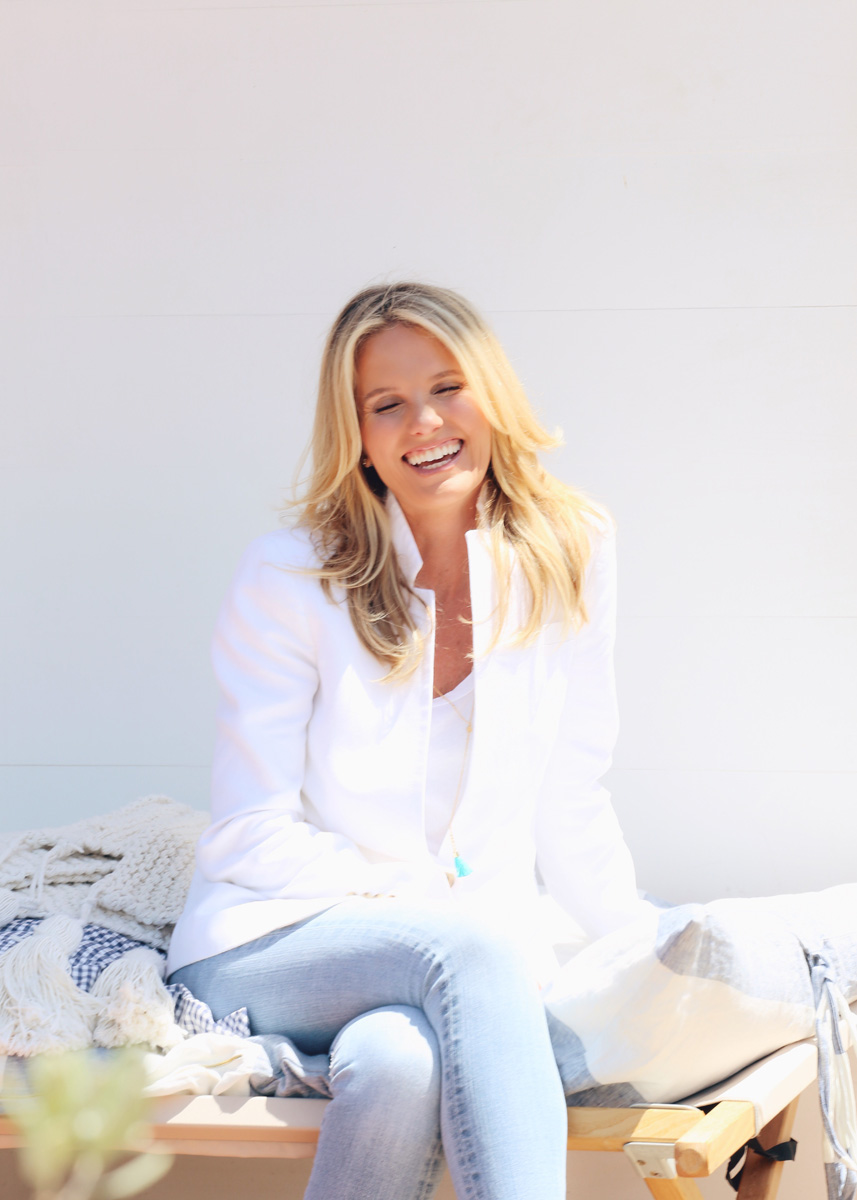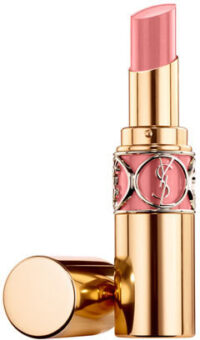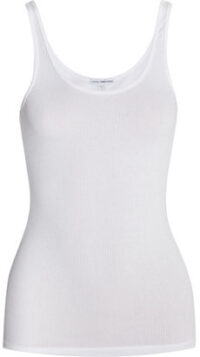Teresa Lawsky of The Laurus Project and I became fast friends the day she came to A+B Consulting. Not only did I find her energy uplifting and positively charged but we had a lot in common when it came to our families and interests… particularly beauty, but that is a story for another day. Her passion is unique, I knew that her information needed to be shared here on this platform because she educated me on many things I didn’t know about breast cancer and particularly it’s prevention. All of us have been affected by breast cancer in one way or another. I can think in the last few years on more than one hand the women and families I know that have been diagnosed. As we get older, that number will sadly increase and I don’t know about you, but prevention is on my mind. I’m no longer able to run my body ragged like I used to from stress, lack of exercise and a diet that isn’t exactly on the up and up. Luckily, I never have and still don’t really consume much alcohol, but come to find out all of these factors including hormones play an important role.
Read on to see what Teresa and I talked about and hopefully you find the information as helpful and interesting as I did.
What does The Art of Being Female mean to you?
It is the passion, strength, talent and drive that lives in each one of us. And for each of us it is different, which is the beautiful part of it all.
Tell us about The Laurus Project…
Unfortunately breast cancer affects too many of us.
About one in eight women are diagnosed with invasive breast cancer. 80% of women suffer from PTSD symptoms after diagnosis, and about 40,610 women in the U.S. are expected to die in 2017 from breast cancer. Those numbers are unacceptable.
There are ways we can help and The Laurus Project is doing just that. We are a breast cancer non-profit organization and our mission is to save, empower and improve the lives of individuals affected by breast cancer.
Emphasis on awareness and early detection have been crucial and successful. We believe breast cancer risk reduction education often called prevention is equally important. It empowers women to take action on behalf of their health.
The effects of a breast cancer diagnosis are not only physical from surgical treatment or the side effects of systemic treatment such as chemotherapy, but also emotional. That emotional disruption often presents as depression or anxiety, and a sense of lost control of ones life. All of these effect quality of life for women tremendously.
Although medical treatment for breast cancer has advanced and we are getting better with personalized medicine and treatment options, we still do not have a cure, nor do we have targeted treatment options for certain types of breast cancer such as triple negative breast cancer. Chemotherapy is like pouring gas on a lawn. It kills most fast replicating cells and sometimes we need chemotherapy because we don’t have any other option. Smarter targeted treatment options are needed where the benefits far outweigh the risks.
Founded in 2015, The Laurus Project provides breast health education for cancer prevention and management for breast cancer thrivers. We provide institutional grants for promising medical research to advance and expedite new life saving targeted treatment to the women who need it. We also provide funding for integrative therapy programs that women can utilize to manage the emotional and physical side effects after breast cancer diagnosis. The Laurus Project provides advocacy on behalf of women affected by breast cancer. We are your ally.
What is your background and how does it relate to breast health?
I have served as an ally and advocate for women and men affected by breast cancer and breast disease throughout my career. I have a diverse background from nationally acclaimed cancer centers across the U.S. including NYU Cancer Institute in New York City and Hoag Breast Care Center in Newport Beach, CA where I practiced as a senior nurse clinician and consultant in breast health care, breast disease education, as well as care and strategic planning of the high risk and newly diagnosed breast cancer patient. I have also lectured on breast health and breast cancer risk reduction.
Currently, as founder and CEO of The Laurus Project, I insure that our initiatives remain mission centered and foster action on behalf of women to find answers and drive change in order to save and empower individuals affected by breast cancer.
I am a member of the Oncology Nursing Society as well as the National Consortium of Breast Centers and the Society for Integrative Oncology.
What are the most important things to remember for preventative breast health?
A healthy, well-balanced, and mindful lifestyle does make a difference.
Hormones are good and we need them. But overexposure and imbalance can increase our breast cancer risk. Keep your hormones in balance and estrogen dominance at bay by maintaining a healthy weight with more muscle mass and less fat. The reason? Fat produces estrogen.
Exercise. It not only helps with weight management but can also reduce stress. Plus, you get an endorphin boost which makes you feel good. Yoga is a great option. But boxing can work too! Do something that enriches and empowers you. There is a mind body connection.
Limit alcohol intake. Try to have two drinks or less per week. Excessive alcohol intake has a negative effect on healthy hormone levels and may increase breast cancer risk by damaging DNA in cells. So, save that glass of wine for mid-week or the weekend!
Limit exposure to hormone replacement therapy for menopausal symptoms. A large study suggested a connection between HRT and increased breast cancer risk. Talk with your doctor about alternative ways to manage your symptoms. And remember eventually hot flashes do go away!
Detoxify your life! Many toxins such as pesticides, plastics, and industrial chemicals, behave like estrogen when absorbed in the body. Xeno-estrogens, as these particular toxins are called, have been associated with an elevated risk of estrogen-driven breast cancer.
Eat the rainbow! Choose a diet that incorporates a wide variety of organic mostly plant based whole foods such as vegetables, fruit, legumes and nuts. Supplement with healthy fats like extra virgin olive oil, mixed nuts and fish instead of red meat.
Breastfeed if you can. The longer you breastfeed the greater the protective effect.
Speak with your doctor and know your personal breast cancer risk. Genetic Testing is available for women who qualify and may be at risk for a genetic mutation that puts them at high risk for breast cancer. Women who carry genetic mutations in the “breast cancer genes,” called BRCA1 and BRCA2, have about a 70 percent chance of developing breast cancer in their lifetimes, according to a new study. Knowing if you carry a genetic mutation that could increase your risk for breast cancer gives you the opportunity to take action and decide if preventative medical procedures or treatment is right for you.
What kind of support can you offer to women who have breast cancer?
You are your best advocate. Never be afraid to ask questions or seek other opinions. Take your time to get it right. It is your body and your decision. Accept help from others and always believe that You Will Thrive.
What is your relationship to Dr. Sadia Khan FACS, Surgical Oncologist?
Dr. Khan is amazing. I have known her professionally and we are great friends. She is an incredibly skilled and smart breast surgeon which I have witnessed up close. Her research on early stage breast cancer is remarkable and she cares for the women in her practice with great compassion and strength.
What is your relationship to Shira Lenchewski, MS, RD, resident nutrition expert at Goop?
I was a private client of Shira’s and she changed my life. She has an understanding of the complex intersection of food, biochemistry and physiology. No longer was I suffering from the energy highs and lows during the day. I was eating healthier and could feel the positive changes in my body. And I love her mind to table approach. She makes it easy.
Why are you so passionate about breast health/cancer?
Breast cancer affects so many women. One in eight are diagnosed and so many of us have family and friends who have been affected or we have lost to breast cancer.
What is one thing every woman can do starting today to improve her breast health?
Exercise. It touches on many of the risks and leaves us feeling refreshed and strong.
Talk a little about the advancements in breast surgery including the options women have had and do have now/ how they compare.
Most women diagnosed with breast cancer are given the option of a lumpectomy, which is removal of a portion of breast tissue, or a mastectomy with or without breast reconstruction, which is the removal of the breast or breasts and then use of plastic surgical procedures to reconstruct a breast.
Loss of a breast (Mastectomy) can be devastating for some women and in some cases a lumpectomy is not an option. This can often be due to a woman’s breast size as it relates to the span of her disease.
One of the most exciting advancements in breast surgery is oncoplastic breast preserving surgery. Pioneered in the United States by Dr. Melvin J. Silverstein, oncoplastic breast-preserving surgery combines breast cancer surgery principles and plastic surgery techniques to save a woman’s breast that would otherwise require a mastectomy. The combination of these surgical techniques allows the surgeon to remove a significantly larger portion of breast tissue, in some cases 50 percent of a breast, and surgically close the breast so that it looks normal, round, lifted, and in most cases better than before surgery. The result: A woman’s own breast with the cancer removed. In most cases there is a larger cancer-free margin – often called a “clean margin” – and improved appearance, no surgical drains, and no foreign implant, all in one surgery. We like to call it a win win.
How do we stay connected to The Laurus Project?
A great way to stay connected is to visit our Insights page on our website at www.thelaurusproject.com/insights and enter your name and email address to receive email updates. Another great option is to follow us on Facebook, Twitter and Instagram. We would also love to hear from you! You can send us an email via our contact us link on our website homepage.
Disclaimer: The views expressed in this article intend to induce conversation. They are the views of the author and are for informational purposes only, even if and to the extent that this article features the advice of physicians and medical practitioners. This article is not, nor is it intended to be, a substitute for professional medical advice, diagnosis, or treatment, and should never be relied upon for specific medical advice.





